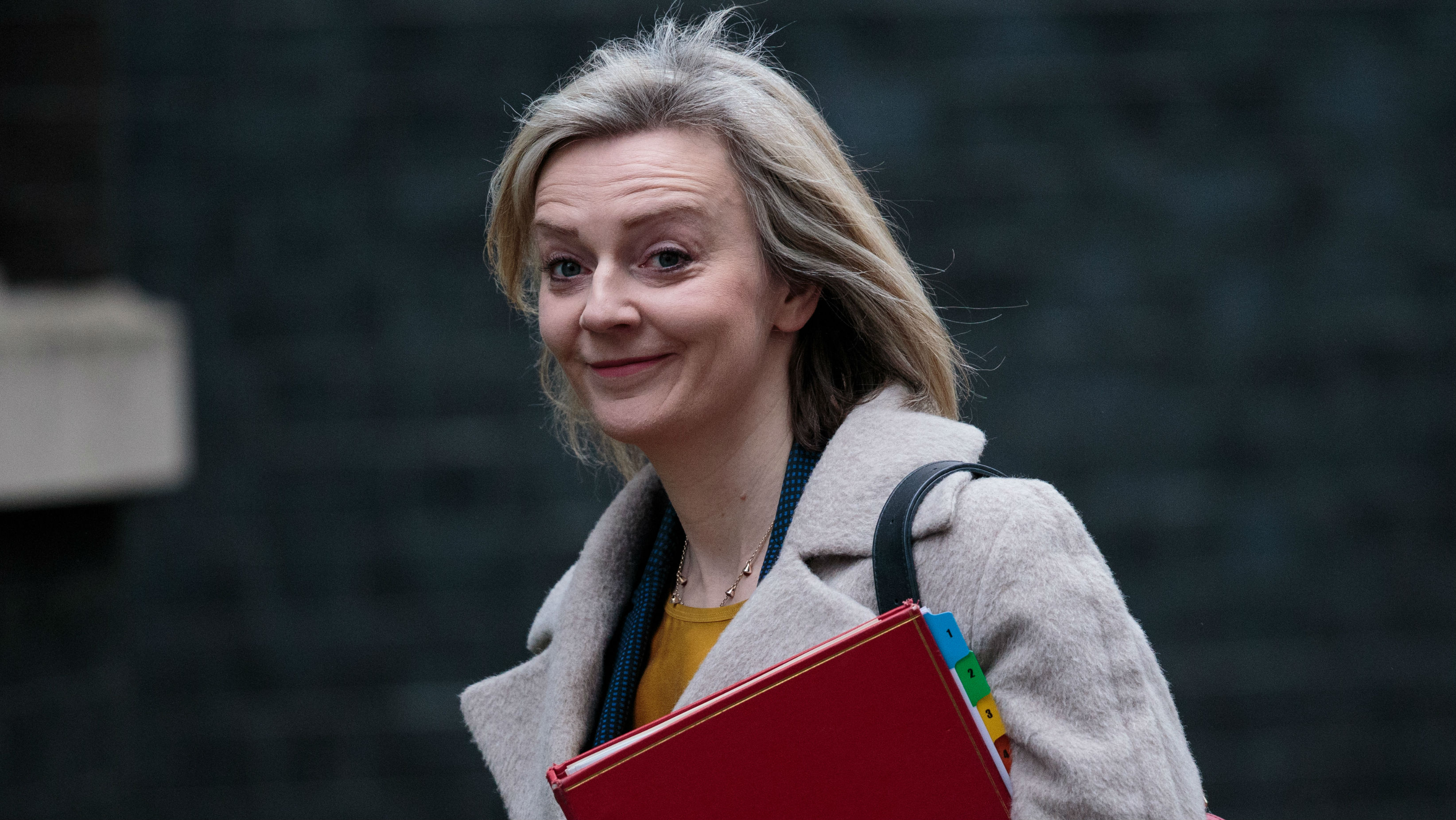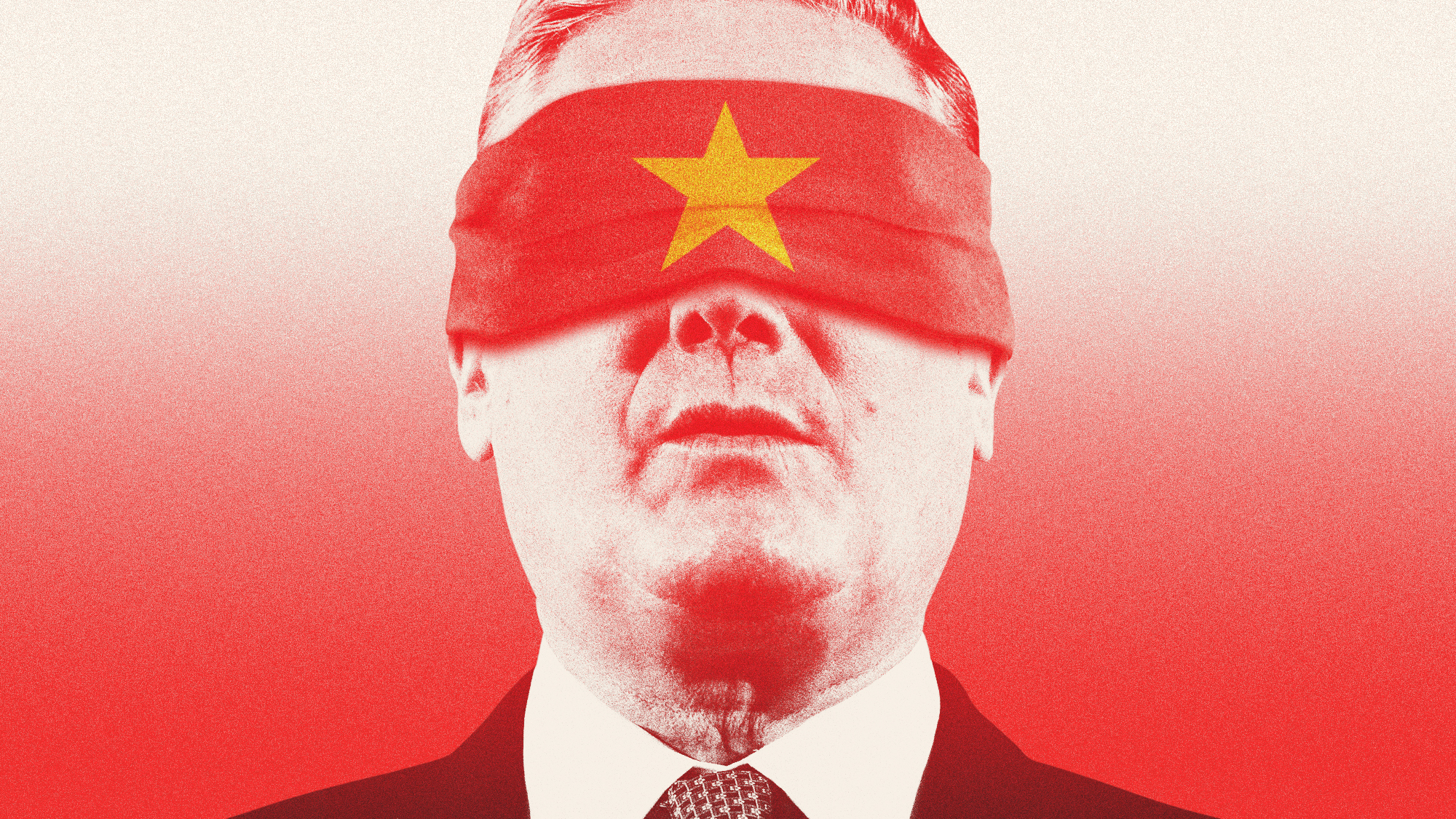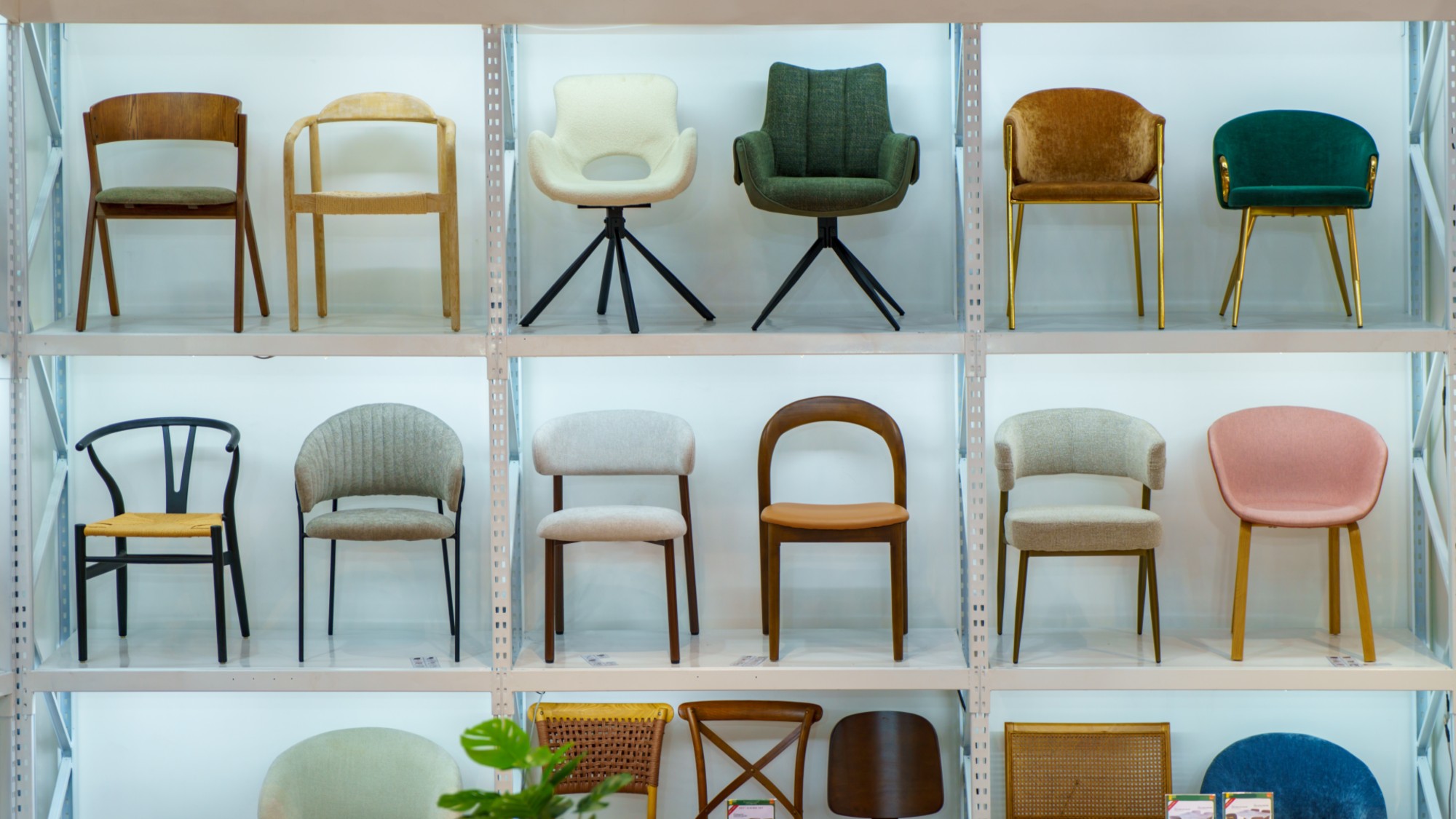Britain applies to join Pacific free trade bloc - but what is the CPTPP?
UK seeks to deepen ties with some of the world’s fastest-growing markets

A free daily email with the biggest news stories of the day – and the best features from TheWeek.com
You are now subscribed
Your newsletter sign-up was successful
One year after officially leaving the EU, the UK has confirmed it will request to join the Comprehensive and Progressive Trans-Pacific Partnership (CPTPP).
The Pacific free trade bloc, which was established in 2018, covers a market of around 500 million people and member nations include Australia, Canada, Japan and New Zealand.
Formal negotiations are set to start this year and if successful the UK would be its second biggest economy after Japan.
The Week
Escape your echo chamber. Get the facts behind the news, plus analysis from multiple perspectives.

Sign up for The Week's Free Newsletters
From our morning news briefing to a weekly Good News Newsletter, get the best of The Week delivered directly to your inbox.
From our morning news briefing to a weekly Good News Newsletter, get the best of The Week delivered directly to your inbox.
International Trade Secretary Liz Truss said: “Joining CPTPP will create enormous opportunities for UK businesses that simply weren’t there as part of the EU. It will mean lower tariffs for car manufacturers and whisky producers, and better access for our brilliant services providers, delivering quality jobs and greater prosperity for people here at home. We’re at the front of the queue and look forward to starting formal negotiations in the coming months.”
What would it mean for the UK?
The Department for International Trade says becoming a member of the £9tn bloc would “deepen the UK’s access to fast-growing markets and major economies”, including Mexico, Malaysia and Vietnam. UK trade with the group was worth £111bn in 2019, growing by 8% a year since 2016.
“It sounds a win-win,” says the BBC’s Dharshini David. However, in practice, the “short-terms gains for households and business would be limited”. David adds: “The UK already has trade deals with seven of the 11 nations - and is pursuing two more. In total, CPTPP nations account for less than 10% of UK exports, a fraction of what goes to the EU.”
A free daily email with the biggest news stories of the day – and the best features from TheWeek.com
Who is in the trading bloc?
The CPTPP is a trading agreement between 11 Pacific Rim nations: Australia, Brunei, Canada, Chile, Japan, Malaysia, Mexico, New Zealand, Peru, Singapore and Vietnam. It is the third largest free-trade area in the world by GDP, after the North American Free Trade Agreement and the European single market.
When was it formed?
The first trans-pacific partnership (TPP) was signed in February 2016. The United States was among the signatories, but former president Donald Trump backed out of the agreement following his subsequent election victory. All other signatories agreed to revive the deal the year later and reached a new agreement in 2018.
What is the bloc worth?
The trading bloc’s 11 countries are home to around 500 million people and generate more than 13% of the world’s income. The combined economies of the member states are worth more than £9tn.
-
 Trump’s EPA kills legal basis for federal climate policy
Trump’s EPA kills legal basis for federal climate policySpeed Read The government’s authority to regulate several planet-warming pollutants has been repealed
-
 Political cartoons for February 13
Political cartoons for February 13Cartoons Friday's political cartoons include rank hypocrisy, name-dropping Trump, and EPA repeals
-
 Palantir's growing influence in the British state
Palantir's growing influence in the British stateThe Explainer Despite winning a £240m MoD contract, the tech company’s links to Peter Mandelson and the UK’s over-reliance on US tech have caused widespread concern
-
 How corrupt is the UK?
How corrupt is the UK?The Explainer Decline in standards ‘risks becoming a defining feature of our political culture’ as Britain falls to lowest ever score on global index
-
 Can Starmer continue to walk the Trump tightrope?
Can Starmer continue to walk the Trump tightrope?Today's Big Question PM condemns US tariff threat but is less confrontational than some European allies
-
 The high street: Britain’s next political battleground?
The high street: Britain’s next political battleground?In the Spotlight Mass closure of shops and influx of organised crime are fuelling voter anger, and offer an opening for Reform UK
-
 EU-Mercosur mega trade deal: 25 years in the making
EU-Mercosur mega trade deal: 25 years in the makingThe Explainer Despite opposition from France and Ireland among others, the ‘significant’ agreement with the South American bloc is set to finally go ahead
-
 Is Keir Starmer being hoodwinked by China?
Is Keir Starmer being hoodwinked by China?Today's Big Question PM’s attempt to separate politics and security from trade and business is ‘naïve’
-
 ‘Autarky and nostalgia aren’t cure-alls’
‘Autarky and nostalgia aren’t cure-alls’Instant Opinion Opinion, comment and editorials of the day
-
 Is a Reform-Tory pact becoming more likely?
Is a Reform-Tory pact becoming more likely?Today’s Big Question Nigel Farage’s party is ahead in the polls but still falls well short of a Commons majority, while Conservatives are still losing MPs to Reform
-
 Taking the low road: why the SNP is still standing strong
Taking the low road: why the SNP is still standing strongTalking Point Party is on track for a fifth consecutive victory in May’s Holyrood election, despite controversies and plummeting support